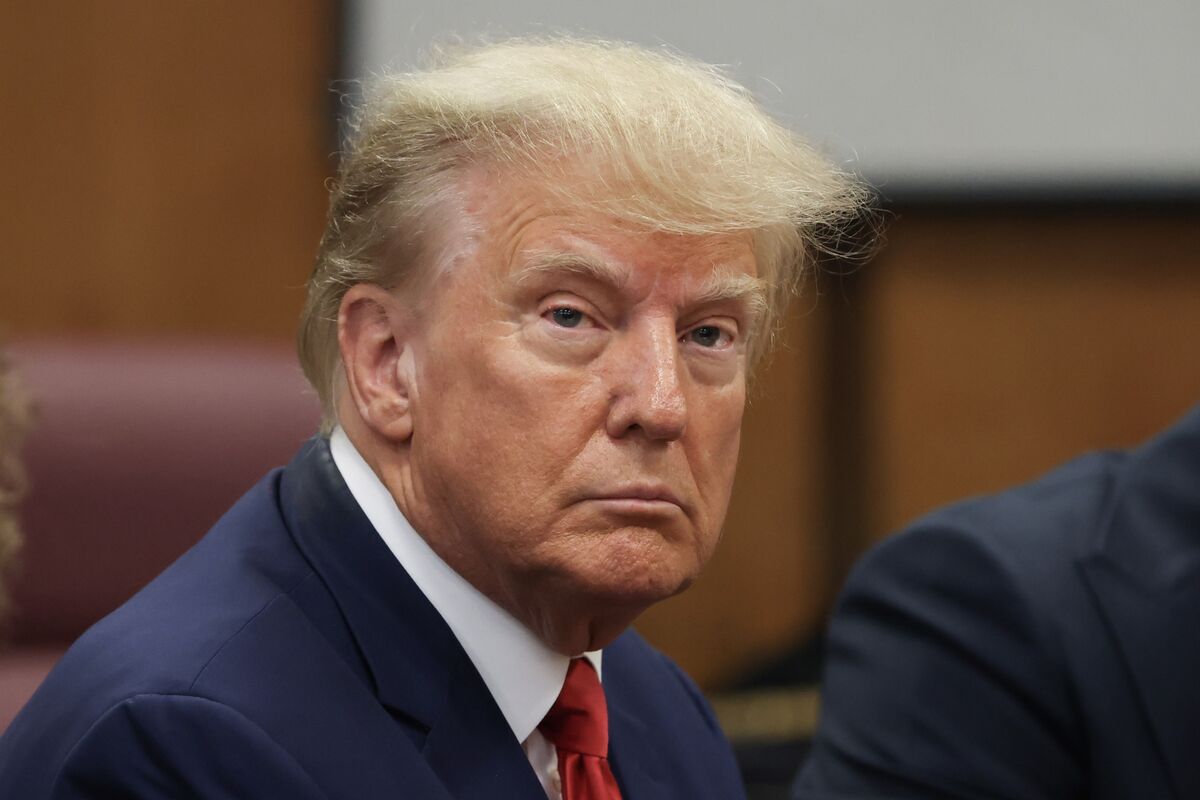Former President and current United States presidential candidate, Donald Trump, has emphatically pledged to prevent the Federal Reserve from introducing a central bank digital currency (CBDC) in the country.
This promise was made during a campaign address in Portsmouth,
New Hampshire, on January 17, where Trump reiterated his commitment to safeguarding Americans against government overreach.
In his speech, Trump declared, “Tonight I’m making another promise to protect Americans from government tyranny.
I will never allow the creation of a central bank digital currency.” His statement was met with enthusiastic applause from the audience, prompting him to acknowledge their support, saying, “I didn’t know you know so much… New Hampshire, very smart people.”
Trump then went on to elaborate on his concerns about CBDCs, emphasizing that such a currency would grant the federal government absolute control over citizens’ money, potentially allowing them to seize funds without individuals even being aware of it.
He warned that this development posed a significant threat to freedom and vowed to take action to prevent it from becoming a reality in America.
Donald Trump, who controversially contested the results of the 2020 presidential election, officially launched his 2024 presidential campaign in November 2022.
READ MORE: South Korea Explores Sanctions on Cryptocurrency Mixing Services
The 60th quadrennial U.S. presidential election is scheduled for November 5, 2024.
It’s worth noting that another presidential candidate, Florida Governor Ron DeSantis, had also pledged to oppose central bank digital currencies on his first day in office.
However, DeSantis faced a setback when he lost to Trump in the Republican party primary election in Iowa on January 15, 2024, where he consistently trailed Trump by more than 10 points in the polls.
Additionally, another contender for the Republican Party nomination, Vivek Ramaswamy, who had proposed a crypto-focused policy framework, dropped out of the race on the same day as the Iowa caucus results, securing roughly 8% of the vote.
Ramaswamy officially endorsed Trump as his preferred candidate.
Former U.S. Securities and Exchange Commission enforcer John Reed Stark added an interesting perspective to the unfolding election landscape on January 17.
He suggested that the crypto movement could play a pivotal role in the 2024 presidential election and recommended that every presidential contender appoint an internal Crypto Czar to serve as the point person and spokesperson for cryptocurrency-related matters within their campaign.
Discover the Crypto Intelligence Blockchain Council




